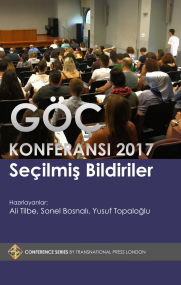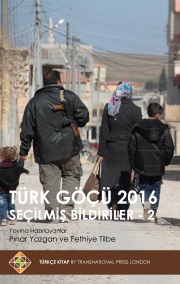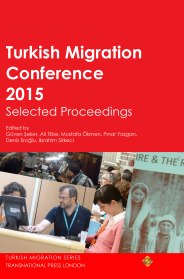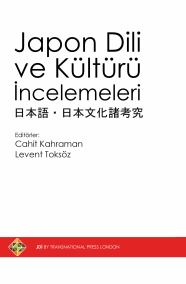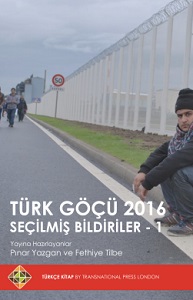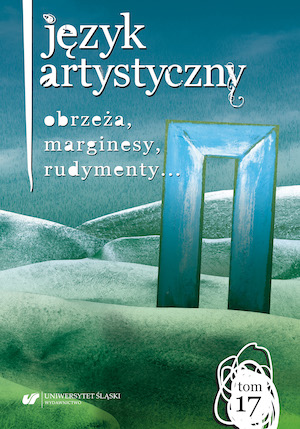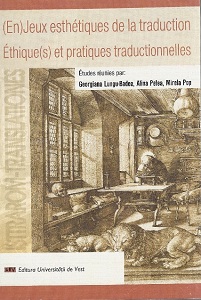Author(s): Leszek Bednarczuk / Language(s): Polish
Publication Year: 0
In his academic work, Professor Witold Mańczak (1924–2012) explored thoroughly the questions of general and comparative linguistics of Indo-European, particularly Romance and Slavic, languages; especially the irregular phonetic development caused by frequency. He applied this concept to the Polish etymology, which bore fruit in a form of „Polish Etymological Dictionary” (in Polish; Kraków 2017, 238 pp. + CD-ROM). This dictionary’s major advantage is the fact that exact counterparts (instead of pre-language reconstructions established in accordance with laryngeal theory) in selected Slavic and Indo-European languages are provided therein, coupled with borrowings from Western European languages; the latter being indirect sources for words of exotic languages entering Polish. As an illustration of this approach may serve the following entries: bagnet, bóg, brat, bruk, car, chata, donica, dziś, gołąb, hrabia, jeden, jestem, każdy, kiełbasa, księga, mierzeja, olbrzym, włoszczyzna.
More...


